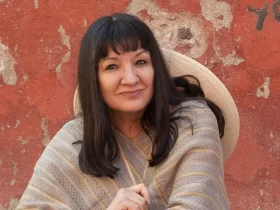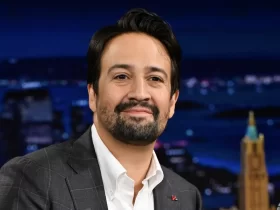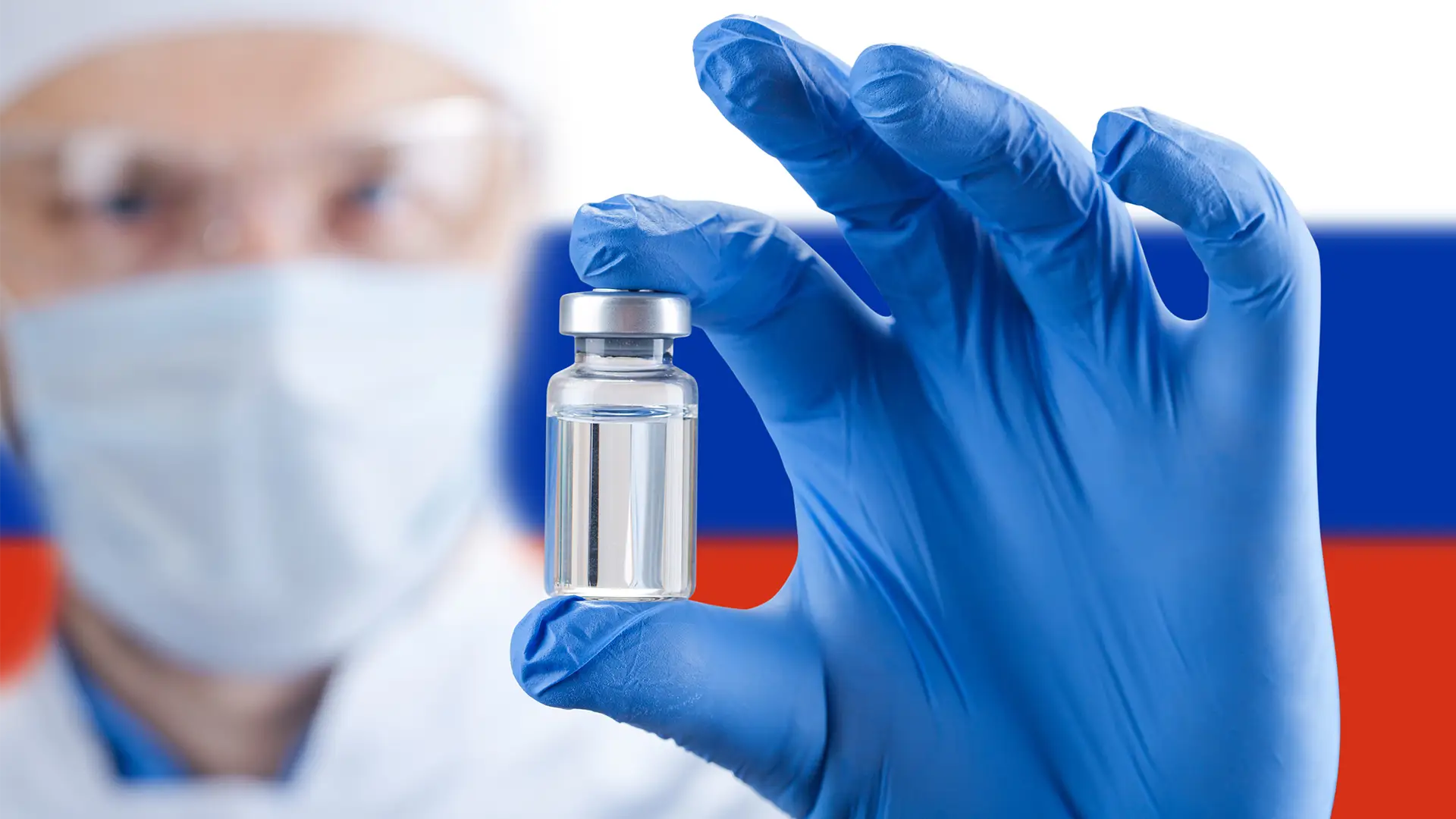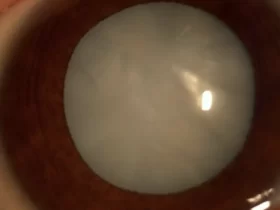Russian scientists have made significant progress in the development of a cancer vaccine, which could be available free of charge to patients by 2025. The research, led by the Gamaleya National Research Center of Epidemiology and Microbiology in collaboration with other institutions, has resulted in an innovative mRNA-based treatment designed to specifically target cancer cells.
According to the state news agency TASS, the director of the Radiological Medical Research Center, Andrey Kaprin, recently communicated this breakthrough over Russian radio.
A personalized approach to cancer treatment
Unlike preventive vaccines, this drug will be applied to patients already diagnosed with cancer and will be tailored to each individual case. Using advanced genetic analysis technologies and artificial intelligence, specialists will be able to identify each patient’s tumor-specific mutations, enabling a precise immune response against malignant cells.
Preclinical trials have shown encouraging results. Studies in animal models revealed that more than 80% of treated subjects experienced a significant reduction in the size of their tumors, suggesting a high therapeutic potential.
The role of artificial intelligence in research
One of the key elements in the development of this vaccine is the use of artificial intelligence, which analyzes large volumes of data from thousands of tumor samples. This technology facilitates the detection of molecular patterns and allows personalized treatments to be designed more quickly and accurately.
Internationally, this trend is also gaining ground. Research in Europe and the United States has explored similar approaches with promising results, such as the application of immunotherapy combined with radiotherapy prior to surgery, which has made it possible to preserve organs in some cancer cases.
A recent study showed positive results in terms of the possibility of preserving the rectum in patients with colorectal cancer, thanks to treatments that achieved total remission of the tumor.
Until now, surgery was the main option, but this finding could mark the beginning of a new era in which surgical interventions could become unnecessary, noted oncologist David Sebag-Montefiore, professor at the University of Leeds in the United Kingdom.
A step into the future of oncology
While there are still questions about the vaccine’s effectiveness in different types of cancer, this breakthrough represents a milestone in the fight against the disease. Free distribution in Russia is expected to begin in 2025, with the possibility of expanding to other countries in the future.
The development of this treatment reinforces the idea that personalized medicine will be key in modern oncology, bringing new ho






































Leave a Reply